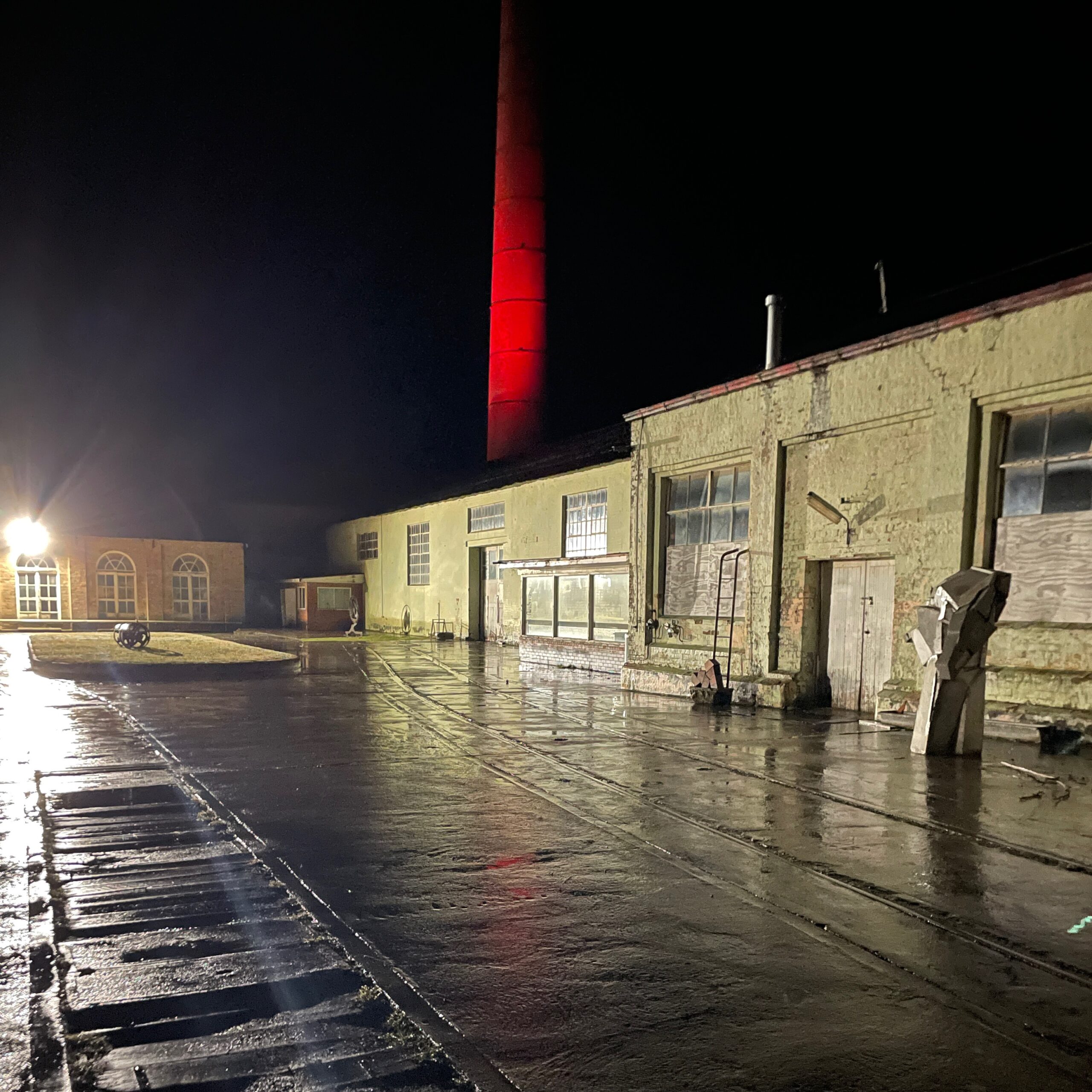
Portland is a social documentary, locative-audio app experience that brings to life the grit, sounds, stories and people of Portland, New South Wales, Australia. Commissioned by the Foundations Portland at a time when the town is transitioning away from fossil fuels, it is today one of the offerings now available to visitors to the small town. It takes approximately 1.5hrs to walk.
Once regarded as a leading cement manufacturing industry on par with some of the biggest industries in Australia, Portland, NSW, once supplied the bulk of Sydney’s cement in the post-war boom period. The Portland Cement Company employed thousands of men over the course of a hundred years —along with their families, wives and children. This was a one-company town: whether you were a wage earner (largely English appointees) who drank at the bowls club or an unskilled labourer who frequented the Coro Hotel. Always considered on the lower rungs of the social ladder, the town today has many of its old industry buildings still left. These afford a powerful backdrop to the large industrial experiment that ran through the 1900s and the sonic experience.
Taking us through the old plant, down to the quarry and back through the streets in town, the Portland Soundtrail adopts a filmic, European approach to its sound design. It mixes site specific sound stories on route, alongside more open-ended sound mixes emblematic of a place or site: from the hot-water dam to the deep lakes, former quarries. Mixing personal diary entries with original music, archival footage of the town’s union band, and extracts from over 16 oral histories, the Portland Soundtrail is an intimate and, at times, graphic portrait of the town and its people. Whether the men who hauled limestone, the wife who sought due compensation after her husband was ‘accidentally’ crushed to death and she was suddenly left alone with two young children, or the young girl who played Nefertiti in the quarry behind her house, the Portland Soundtrail is playful and poetic. But this is no easy story.
Its power (and arguably political heft) is not just in the audio mix, and the rich vernacular of local voices, but the affordances of the Soundtrails app. Namely:
Its ability to choreograph the onsite experience through layered GPS activated sound fields according to the presets of the Soundtrails app:
Standard: Visible marker, audio plays once, plays while in GPS footprint
Background: Invisible marker, audio loops. Only plays within the determined GPS footprint
Instructional: Invisible marker, audio plays once from the beginning to end
Being able to bundle and download all material needed to archive and potentially replicate this experience on another platform —whether maps, audio, images, presets or coding etc.
—————
Several focus groups were undertaken prior to the launch in April, 2023, whereupon some additional wayfaring was added into the final experience. Here’s a section of transcript from locals on one of these days:
Greatly loved it. Yep. And I’m 74. If I could more or less work it out after it was installed, anyone can.
The one outside 18 Williwa St where dad used to play. As soon as Madame Butterfly started to play, the tears started, because I didn’t realise how special that was at the time.
The one that resonates with me was the Dam with the recording, the deaths and the accidental deaths. Accidental Death. I thought that was very powerful too because….
Incredible how like we all went through all the deaths and everyone says in the end not one of them, if there was some compensation and so on, but not one of them, it seems, was…
Ever investigated.
The spirits of Portland were speaking to us.
A very spiritual experience. And that was because of the tone of the music and how lightly it came upon you. You know, it was lovely.
Credits
Credits and Contributors
Produced, written and directed by Virginia Madsen and Hamish Sewell
Interviews and research by Virginia Madsen and Hamish Sewell
Sound Engineer, Andrei Shabunov
Readings performed by Jane Phegan and Lloyd Allison-Young
Original music by Lee Hardisty
Supported by the Portland Business Association and the Portland Foundations
Project steering team, Merryn Groves and Rich Evans
Local voices heard
Tommy Fitzgerald, Bert Boyling, Herb Coleman, Suzanne Edwards, Sue Piggott, Cheryl Millmore, Father Paul Ryan, Robert Green, Kaylin Caddis, John Kearns, Ernie Jeffree, Kelly Crane, Dorothy Kearns, Yvonne Groves.
Readings from the diary entries by: Guy Fitzgerald [2000] and Mary Ryan [1943-45]. Mary Ryan's diaries can be found in the Jessie St Library, Ultimo, Sydney
Supporting documentation: Portland’s Past. Insight to those lost in the Cement Works 1901-1993, Trove Newspaper archives and other historical sources.
Photographs supplied by:
Members of the Portland community, Suzanne Edwards, Michael Ryan and Fr Paul Ryan, Lithgow Library heritage collection


One thought on “Portland: The Town That Built Sydney”